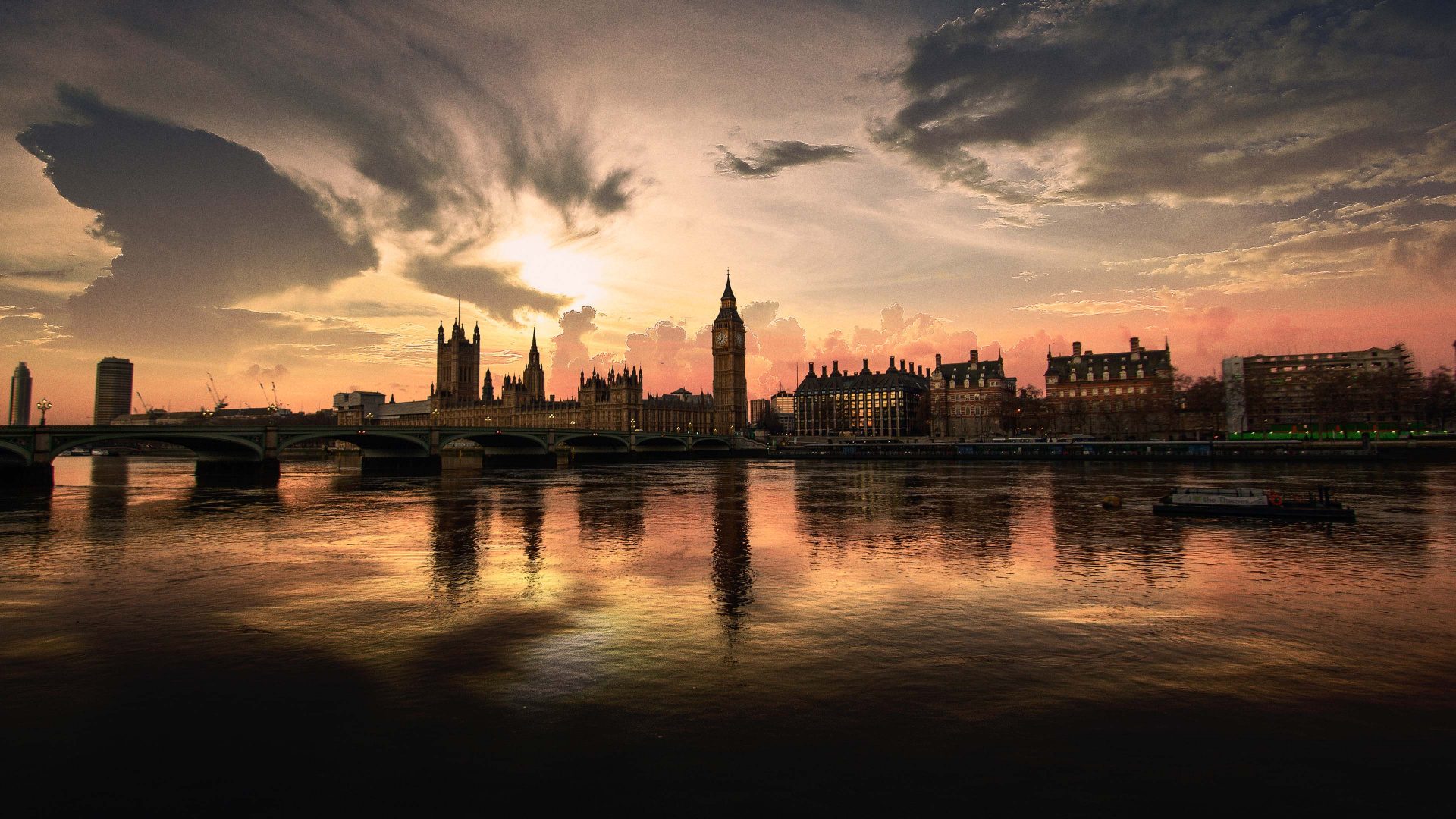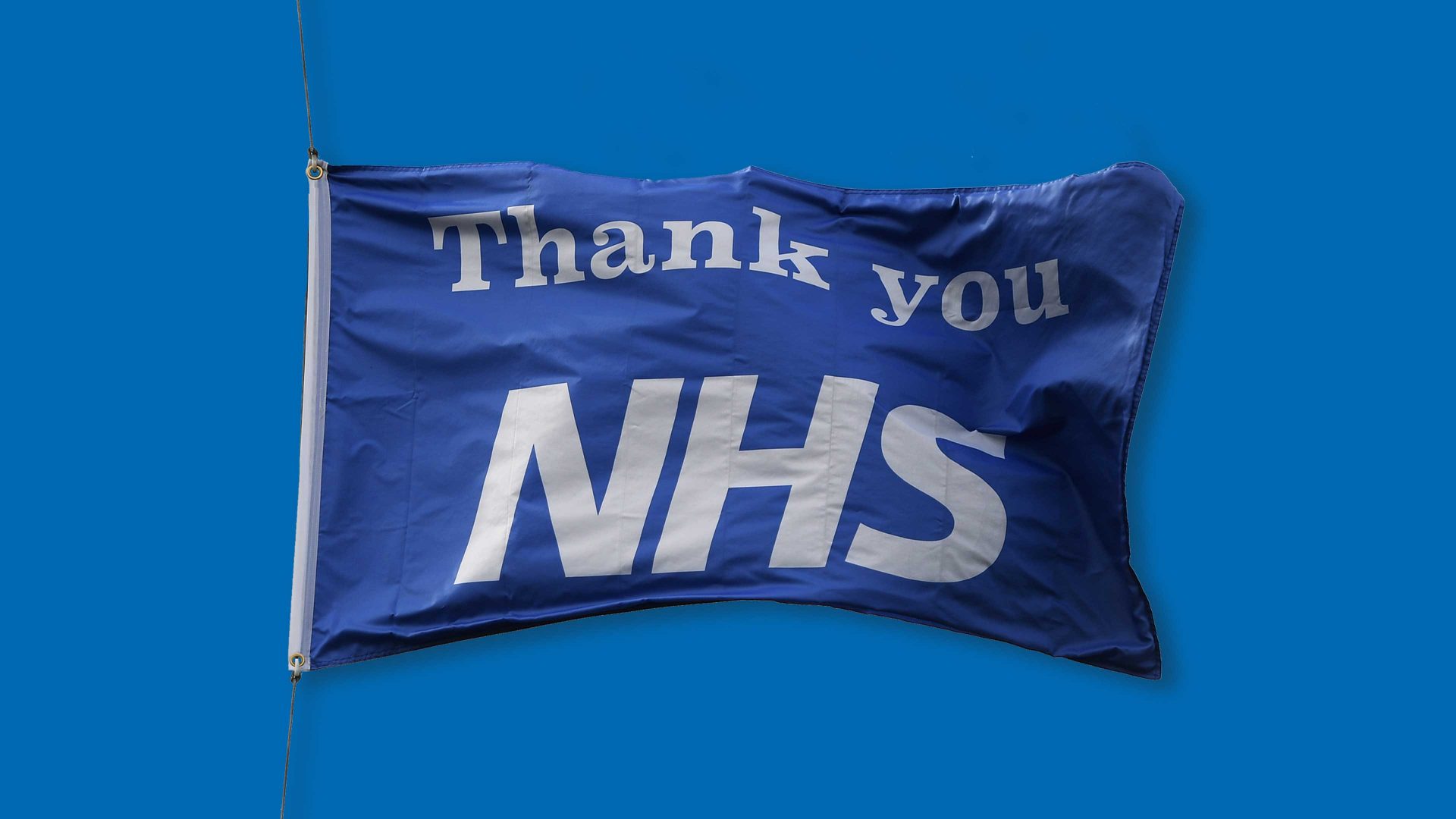Let us start with a long-forgotten, dust-covered document: the Conservative Party’s 2017 general election manifesto. This was the key text of Theresa May’s disastrous electoral gamble that led to the Tories’ loss of their Commons majority and more than two years of shambolic minority government in which the then-prime minister conspicuously failed to get Brexit over the line.
Yet within this doomed blueprint was buried a germ of wisdom. “We believe in the good that government can do,” the manifesto proclaimed. “To do that, we will need a state that is strong and strategic, nimble and responsive to the needs of people. While it is never true that government has all the answers, government can and should be a force for good – and its power should be put squarely at the service of this country’s working people.”
Totally lost in the mayhem of the moment, this was, in fact, a truly radical proposal for a modern Conservative leader to make. Since Margaret Thatcher committed herself to “rolling back the frontiers of the state”, it had been an axiom of the party’s rhetoric and self-perception that the state was essentially a necessary evil, required only when the market could not be expected to supply a particular service: defence, law and order, and (though some Conservatives longed to privatise the NHS) health.
This was very much a transatlantic phenomenon. In his first inaugural address in 1981, Ronald Reagan said: “Government is not the solution to our problem; government is the problem”.
In due course, the principle migrated across the partisan divide. In his 1996 State of the Union speech, Bill Clinton declared that “the era of big government is over”. In this country, Tony Blair insisted that he was neutral in the long battle between state and market: “What counts is what works”. Hence, the carnival of outsourcing, private financing and selling of public assets in the New Labour years.
What May and her advisers – principally Nick Timothy, now the Conservative candidate for West Suffolk – grasped was that the context that had spawned Thatcherism was now firmly in the rear-view mirror, and that the state had an innovative and positive role to play in the new setting of the early 21st century.
Why dredge this up? To make the point that the case for government (and more of it) in our era is not ideological or tribal. It is empirical and pragmatic.
To be blunt: you only have to look out of the window to realise that the state is going to have to do a lot more and do so as soon as possible.
The first and most pressing reason to embrace this morphing reality is climate change. Rishi Sunak’s Rwanda policy is pretty disgraceful but, for sheer wickedness, I think it was trumped by his speech last September postponing a series of net zero deadlines.
Last May, the World Meteorological Organisation (WMO) concluded that the 1.5C threshold is set to be broken before 2027. On present trends, we are heading for at least a 2.7C increase by 2100 – possibly as high as 4C. Once Sunak is gone, any responsible government will have to intervene on a massive scale to restore the UK’s credibility as a leader in the battle to keep the planet inhabitable.
Second, and related to this: the World Bank forecasts that there will be 260 million climate refugees by 2030, and as many as 1.2 billion by 2050. The question of population mobility – presently trapped in the mean-spirited nonsense of Sunak’s “small boats” fixation – is now one that requires a huge expansion of government action: border management that is well-resourced, speedy, compassionate in spirit and much more collaborative with other nations. It will be expensive, too.
Third, the NHS and social care services are at the point of collapse. Wealth taxes will be needed to fund the reforms and expansions that are necessary, and it is idle to pretend otherwise.
As Andrew J Scott says in his excellent new book The Longevity Imperative, there should be a body equivalent to the Monetary Policy Committee to respond to the changing demographics and health needs of our society: “Governments need to think about a 21st-century public health initiative aimed at supporting healthy ageing, especially given rising levels of obesity and the prevalence of diabetes”. Every MP and policymaker should read Scott’s book in preparation for what lies ahead.
Fourth, we need a stronger state to regulate the technological revolution and to educate people of all ages so they can cope with its pulverising force. Ofcom is a feeble referee of the hellscape of social media. The challenges of AI and, in due course, quantum computing are exponentially greater than those already posed by Facebook, TikTok, Instagram and X. And we are not even remotely prepared, at national or supranational level.
Fifth: the extent and depth of inequality in this country is now threatening the very social fabric. It was characteristic of Sunak that he revealed his luxury practice of fasting from Sunday evening to Tuesday morning in the same week that the Commons heard a petition warning that “one in four UK households with children have experienced food insecurity, affecting an estimated four million children” and that “28% of young mums are skipping meals each day”.
We live in a landscape of empty luxury apartments, a radically diminished supply of affordable housing, jobs that do not pay enough for subsistence living, and the consequent proliferation of food banks. You do not have to be a socialist – merely a decent human being – to acknowledge that this is, in every sense, unsustainable, that the social contract is at breaking point, and that the free markets and charities alone cannot possibly fix the problem.
Sixth: the lesson of Covid is that government needs to do a lot more to ensure pandemic resilience, to prepare us for the next brutal pathogen. A year ago, Sir John Bell, then Regius professor of medicine at Oxford, wrote that it is “a question of when, not if, another pandemic strikes” – and that “we are not ready”.
The great irony is that Sunak and most Conservatives drew precisely the wrong conclusions from Covid. He hated lockdown and the very furlough scheme that made him, for a while, the most popular politician in the country.
The test-and-trace strategy, outsourced to private firms including Serco, Sitel and Deloitte, was a scandalous failure. In contrast, the vaccination programme, run by the NHS, was a triumph.
Yet the pandemic encouraged in most Conservatives not a fresh interest in smart government but a sort of surly libertarianism. Far from building up our defences against the next plague, much of the infrastructure developed to confront coronavirus is being dismantled, defunded or sold off.
And I have not even mentioned the need for dramatically better infrastructure, skills training, water regulation and diplomatic capacity. The diagnosis is straightforward: in the decades ahead, we will need a bigger, more expensive state.
The problem will be one of adjustment: fiscal, political and above all cultural. As long ago as 1983, the American political writer George F Will wrote in his classic text Statecraft as Soulcraft that “[g]overnment is becoming complex much faster than public opinion can become complex”. That problem is exponentially greater today, compounded by the toxic populism that insists that big, complicated problems have fast, easy solutions.
It is a peculiar predicament, when you think about it. We are all stuck in a paradigm that was conceived in the late 1970s in thinktanks dominated by the ideas of Friedrich Hayek, Milton Friedman and Ludwig von Mises: the model of the smaller state, lower taxes, deregulation and privatisation. Thatcher would pull a copy of Hayek’s The Constitution of Liberty (1960) out of her handbag and say: “This is what we believe”.
But – unless you really do regard politics as immutable religion – it would be odd if the prescriptions that society requires had not changed since 1979. Sunak’s problem is precisely that he remains in thrall to the teachings of the Thatcher era; never forget that, as chancellor, he hung a portrait of Nigel Lawson behind his desk.
For all his claims to tech-bro modernity, and his Bluetooth-enabled coffee mug, the PM is like one of those hobbyists who dress up in WWII uniform and re-enact the Battle of the Bulge at the weekend; his politics is little more than retro cosplay.
Which wouldn’t matter so much, were it not for the fact that his deluded nostalgia affects us all. When he says (correctly) that defence spending needs to be increased but (absurdly) that this will not affect his planned tax cuts, you hear the voice of a politician trapped in a padded cell designed in 1985.
To be fair to Sunak, his is only the most pathological example of a much broader and deeper problem. To pursue the reassurance strategy that they have adopted to win power, Keir Starmer and Rachel Reeves have also, effectively, remained in this time warp: ditching their £28bn green investment pledge, ruling out wealth taxes, essentially promising to stick to Conservative fiscal rules. One hopes that, if Labour wins with a decent majority, office will release them from this intellectual confinement and open their minds to new ideas.
Again, this is not a matter of political theology. During the 20th century, the coercive state and collectivism were indeed tarnished by association with the Soviet bloc and its totalitarian horrors. Before the fall of the Berlin Wall in 1989, it was understandable that so many were wary of where statism might lead. The shadow of Gosplan, the KGB and the Gulag was real. But that era has passed.
Today, the question is better framed as: what kind of statism shall we have? There is the ugly statism of Donald Trump, Viktor Orbán and their friend Vladmir Putin: the autocracy that led Trump’s lawyers to argue in the US Supreme Court last week that a president ought to be able to assassinate a political rival or stage a coup without facing criminal prosecution.
The other option is a liberal statism, fit for the second quarter of the century and beyond, that embraces the much greater challenges facing government now; but does so without wrecking the fundamental civic rights of its citizens. Bigger government means, or should mean, bigger systems of accountability: in parliament, in the regulation of standards in public life, in the nurturing of media pluralism, in the extension of judicial review, in the inviolability of our commitment to the European Convention on Human Rights.
I would frame it thus: we need big government to protect us against big tech, big money, the craven courtiers of the Davos classes. Needless to say, we also need big governments talking to each other and collaborating much more actively than they are presently disposed to do. To take the most egregious example: the failure of successive COP summits to get to grips with climate change – really, since Paris in 2015 – is a global disgrace.
Don’t panic: I’m not sitting in the Chestnut Tree Café, like Winston Smith, tears trickling down my face as I realise, finally, that I love Big Brother. On the contrary, in fact. I’m suggesting that our political class needs to leave 1984 – the year, not the novel – behind, and to approach the task of government in a manner fit for 2024.
It says a lot about the dilapidated state of our democracy that this feels like such a controversial proposal. But it’s time to face facts: when it comes to the ship of state, we’re going to need a bigger boat.




